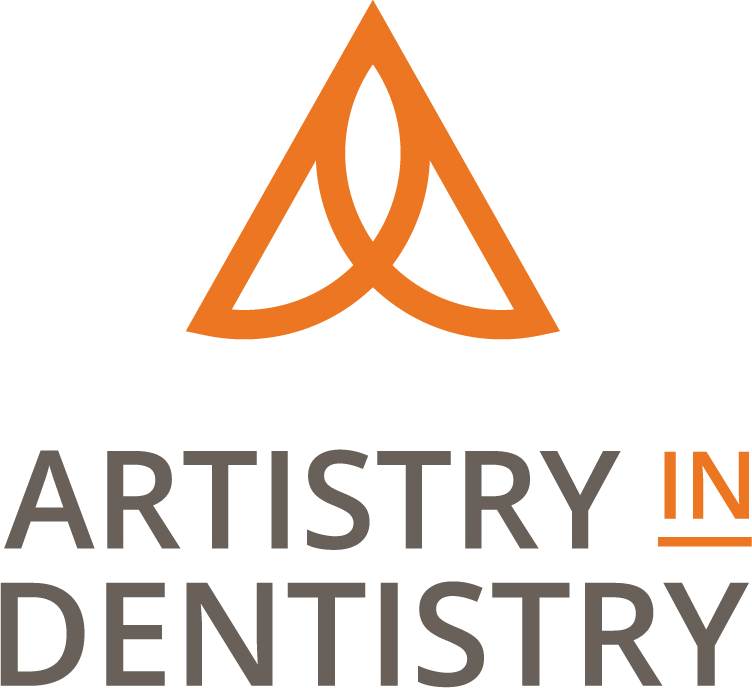Restorative dentistry is a fundamental aspect of dental care, dedicated to repairing and rejuvenating damaged teeth and their supportive structures. It goes beyond cosmetic enhancements, aiming to restore both the functionality and visual appeal of a person’s smile. Let’s explore the world of restorative dentistry, understanding its significance, the various procedures it encompasses, and how it differs from cosmetic dentistry.

What Is Restorative Dentistry?
Restorative dentistry includes an array of dental treatments intended to address issues affecting the teeth’s functionality and appearance. It involves procedures aimed at treating cavities, restoring damaged teeth, replacing missing teeth, and managing oral diseases. The primary goal of restorative dentistry is to improve oral health and functionality by replacing or repairing damaged or missing teeth.
When Do I Need Restorative Dentistry?
A person may require restorative dental care when faced with concerns like cavities, fractured teeth, tooth decay, gum disease, tooth loss, or structural problems affecting the bite. Any discomfort while eating or speaking, visible dental irregularities, or difficulty maintaining oral hygiene could signal the need for restorative dental treatments.
What Are the Benefits of Restorative Dentistry?
Enhanced Oral Health: Restorative procedures target underlying dental issues, preventing their progression and promoting better overall oral health.
Improved functionality: Repairing damaged teeth or replacing missing ones aids in restoring natural chewing and speaking abilities.
Natural Aesthetics: Restorative treatments focus on repairing your teeth in a way that rejuvenates the natural appearance of teeth, ensuring that repaired teeth look no different from the rest of your smile.
Heightened Confidence: A revitalized smile often results in increased self-esteem, impacting social interactions and professional confidence. Your smile can impact first impressions, and fixing your teeth can help you feel confident when meeting new people.
Preventative Measures: Possibly the most important benefit of restorative dental care, timely restorative care can ward off more severe dental complications that might necessitate extensive treatments in the future.
What Are the Different Types of Restorative Dentistry?
Restorative dentistry covers a wide range of dental procedures such as:
Fillings: Utilized to mend cavities resulting from tooth decay, fillings restore and reinforce the tooth’s structure and prevent further decay.
Crowns: These cover weakened or damaged teeth, providing strength, protection, and a natural tooth appearance.
Inlays and Onlays: Similar to crowns, dental inlays and onlays are used to repair light damage on the surface of the tooth. Often made from gold or porcelain materials, inlays and onlays cover only the damaged portion of the tooth rather than the entire tooth.
Dental Implants: Implants are used as substitutes for missing teeth. By using artificial tooth roots, they improve tooth stability and functionality akin to natural teeth.
Bridges: Traditional dental bridges are false teeth or a false tooth connected to other teeth by attaching to crowns, a metal or porcelain framework, or implants to complete your smile and restore oral function.
Dentures: Used to replace multiple missing teeth, dentures consist of false teeth on a removable frame or plate, allowing a person with missing teeth to regain oral functionality and improve their smile. If you or your dentist decides it is right for you, implant supported dentures are also an option.
What Is the Difference Between Cosmetic and Restorative Dentistry?
While both are used to enhance dental aesthetics, cosmetic dentistry primarily focuses on improving the appearance of teeth through elective procedures such as teeth whitening or veneers. Restorative dentistry is utilized to address the repair and restoration of oral functionality, health, and dental aesthetics.
Why Is Restorative Dentistry Important?
Restorative dentistry plays a pivotal role in preserving your oral health and preventing complications stemming from untreated dental problems. It not only restores the function and aesthetics of a smile but also contributes to overall oral health, preventing or slowing the progression of oral diseases and further dental deterioration.
Restorative Dentistry Aftercare
After receiving restorative dental care, it is important to adhere to post-care instructions provided by your dentist. This might involve maintaining optimal oral hygiene practices, scheduling regular dental check-ups, avoiding hard or sticky foods that could damage restorations, and being vigilant in sticking to proper brushing and flossing. It is also important to consult your dentist about any discomfort or changes in your restored teeth.
In summary, restorative dentistry is indispensable for maintaining oral health, functionality, and a confident smile. It includes a variety of treatments that not only repair dental issues but also contribute significantly to overall well-being. By promptly addressing dental concerns, individuals can enjoy improved oral health and a revitalized smile that lasts a lifetime.
Visit Artistry in Dentistry in Gilbert & Mesa, AZ, for Restorative Dental Care
At Artistry in Dentistry, we take pride in offering exceptional restorative dentistry services in Gilbert and Mesa, AZ. Dr. Sheldon Sullivan, recognized as one of Arizona’s leading dentists, focuses on ensuring patient comfort and providing top-tier dental services. He has mastered the art of restorative and aesthetic dentistry including dental implants and complex restorative dentistry and is labeled as a perfectionist by his patients. With more than 26 years of commitment, our practice is dedicated to creating a warm and inviting environment for all of our patients. We offer a comprehensive range of dental services, including general, restorative and cosmetic care, aiming not just for healthy smiles buenvironmentsmfortable experience tailored to meet your unique needs.
For more information, please reach out to us at (480) 507-1993 or visit our website. You can also schedule a virtual consultation to explore your dental needs and preferences in detail at https://app.smilevirtual.com/dr-sheldon-sullivan.

